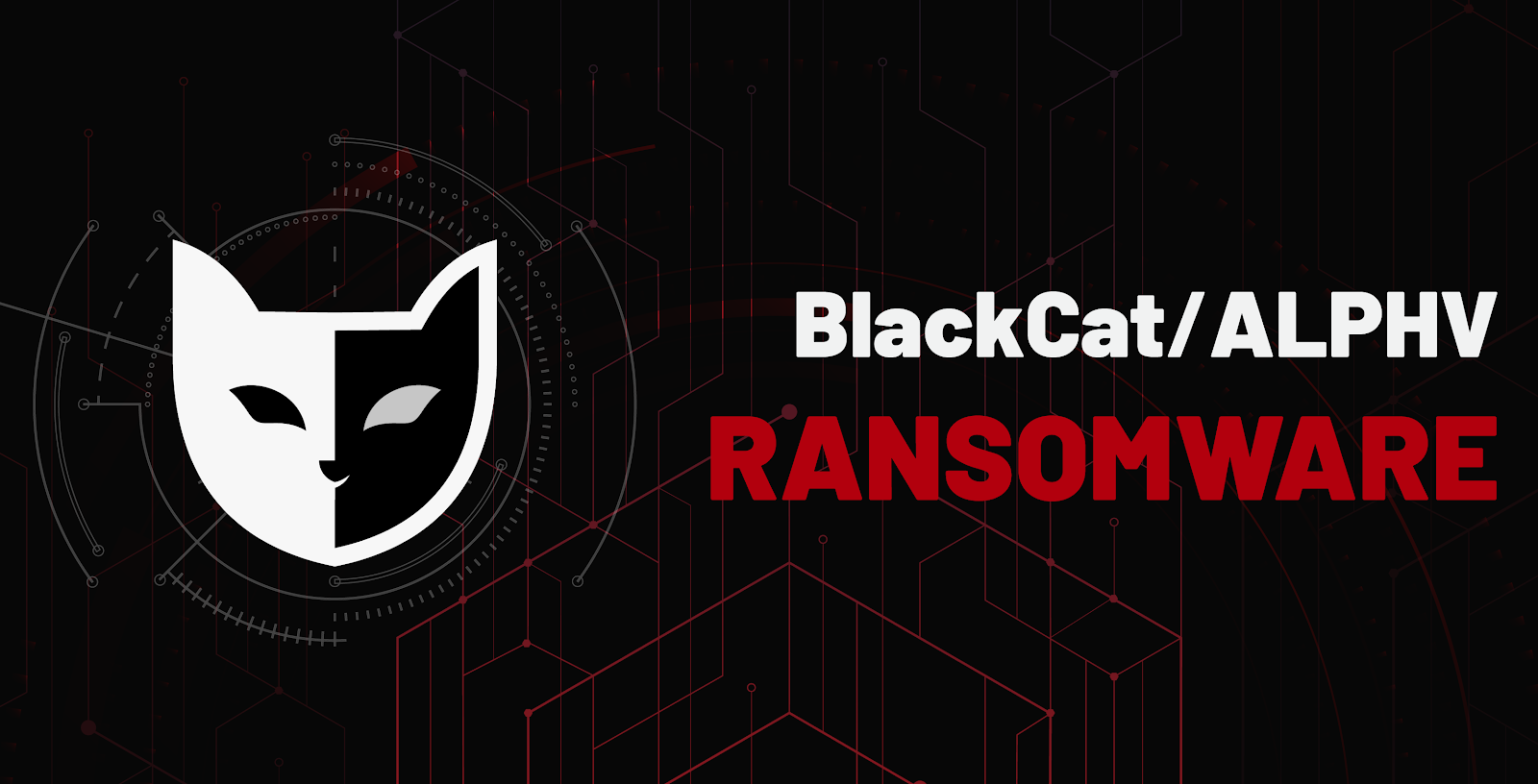An ISP Scam Targeted Low-Income People Seeking Government Aid
The US Federal Communications Commission says a man posing as a fake broadband service promised victims discounts on internet services and devices.
An Ohio man created a fake broadband provider in order to scam low-income consumers who thought they were getting government-funded discounts on internet service and devices, according to the Federal Communications Commission. In a Notice of Apparent Liability for Forfeiture released July 1, the FCC proposed a fine of $220,210 against alleged scammer Kyle Traxler.
Traxler created an entity called Cleo Communications that sought authorization to be a provider in the FCC's Emergency Broadband Benefit (EBB) program, which provided $50 monthly discounts on internet service and other discounts for devices. "Cleo apparently existed for the sole purpose of taking financial advantage of customers under the disguise of being a legitimate EBB Program provider," the FCC notice said. "Cleo Communications has had no business activity outside of the EBB Program and no other business purpose."
The FCC began investigating after receiving complaints from consumers in at least eight states who ordered devices and/or "hotspot service." Some consumers said that Cleo threatened to sue them after they asked for refunds for items and service they didn't receive.
Cleo's terms of service stated that it never issues refunds and that attempting to get refunds via bank charge-backs is a "breach of contract," according to the FCC. The FCC said it got no response to a subpoena it issued to Traxler and Cleo in December 2021.
The now-discontinued EBB program and its replacement, the $30-per-month Affordable Connectivity Program, have provided money directly to participating broadband providers that offer monthly discounts. Some forms of telecom fraud involve the use of fictitious, ineligible, or duplicate customers to obtain payments from FCC programs, but the FCC said Traxler instead scammed consumers directly:
While Cleo never filed for or received disbursements from the EBB Program, Cleo promised consumers that they would receive EBB Program-discounted broadband services and devices in exchange for online electronic payments to Cleo, but the company never delivered the broadband services or devices. Cleo's schemes to defraud consumers under the pretense of participating in the EBB Program caused severe harm not only in monetary terms to the low-income consumers it preyed upon, but also to the trust and goodwill this or any program needs to achieve its purposes effectively.


Comments
Post a Comment